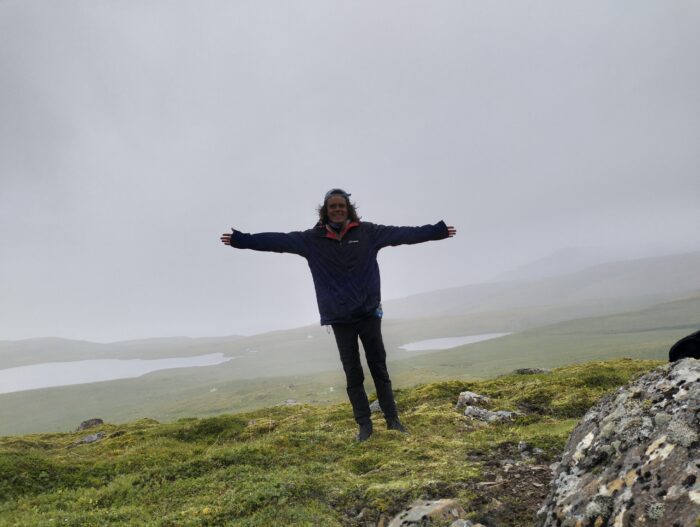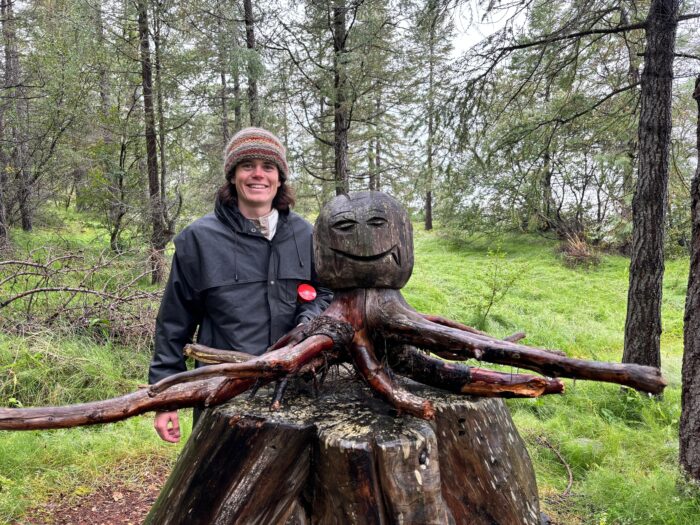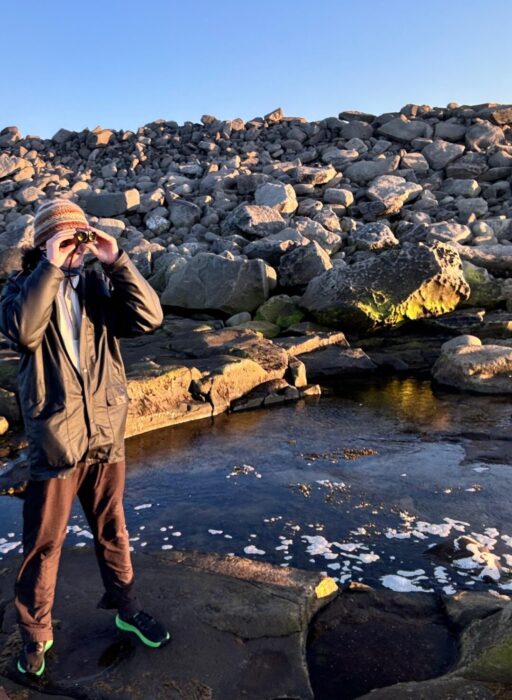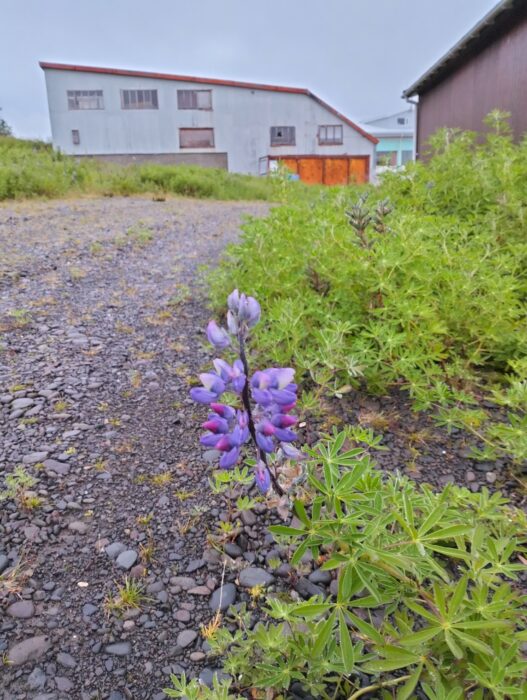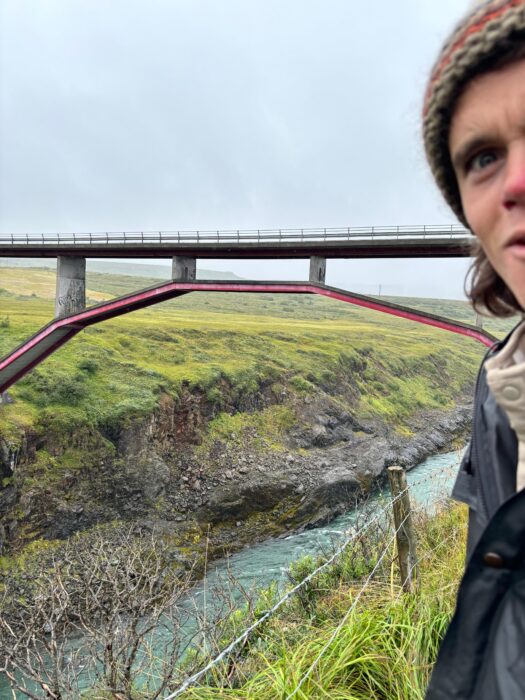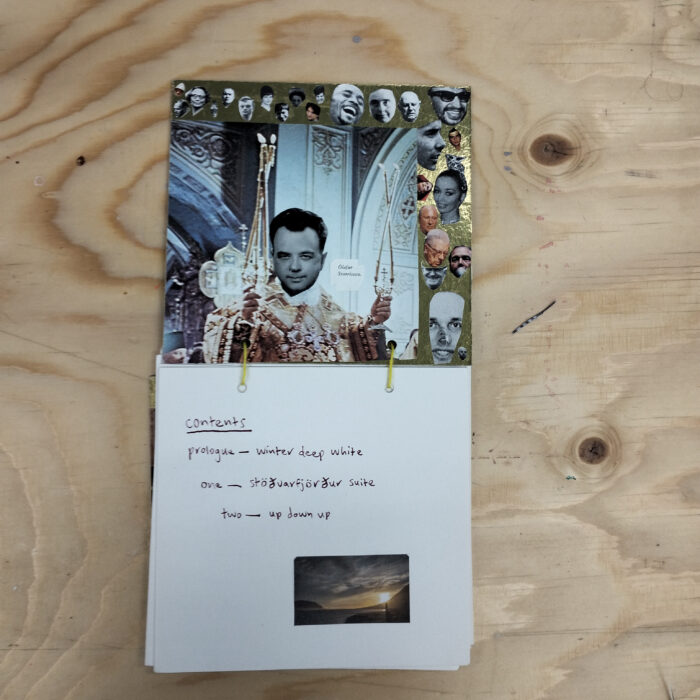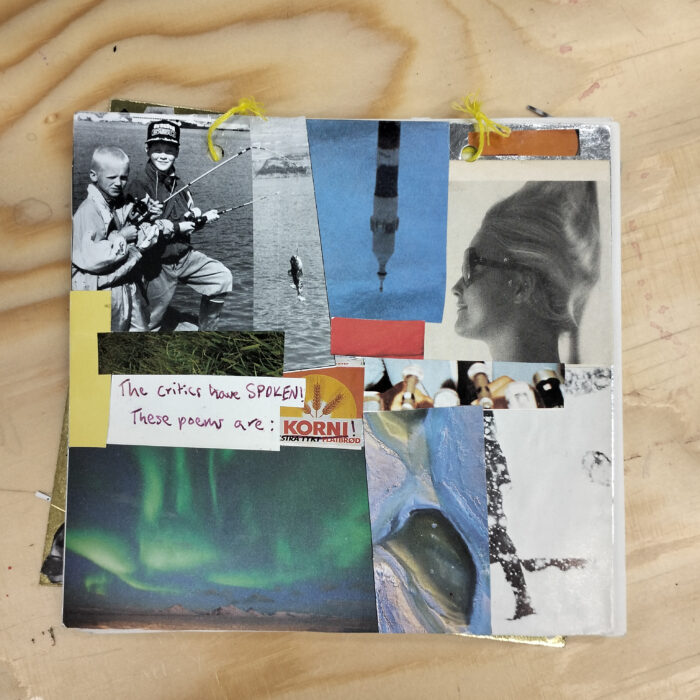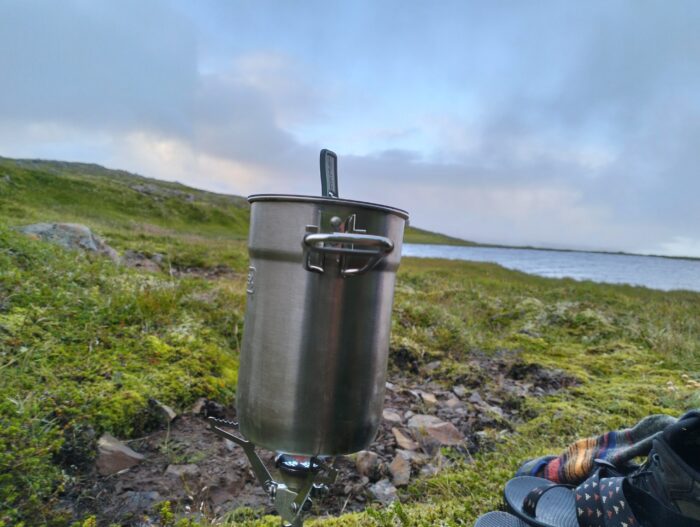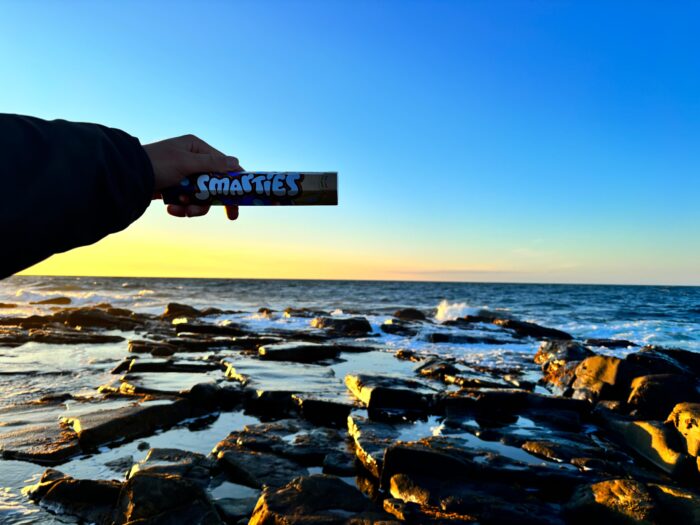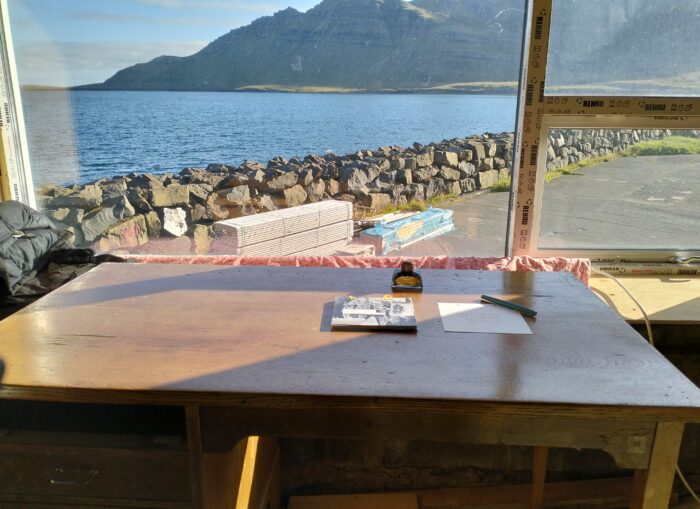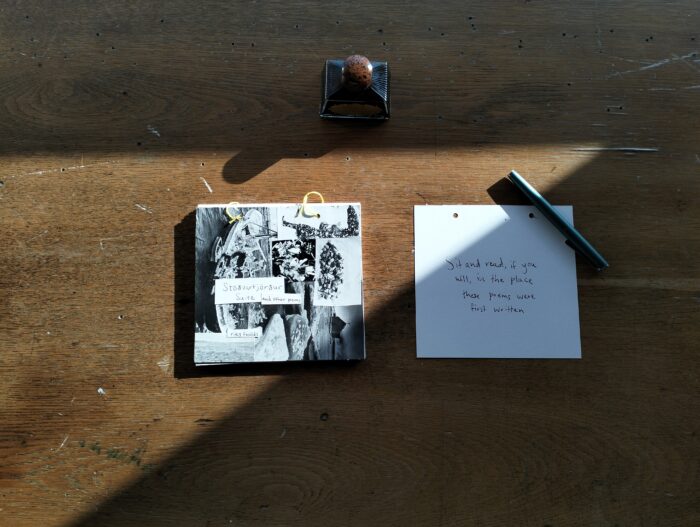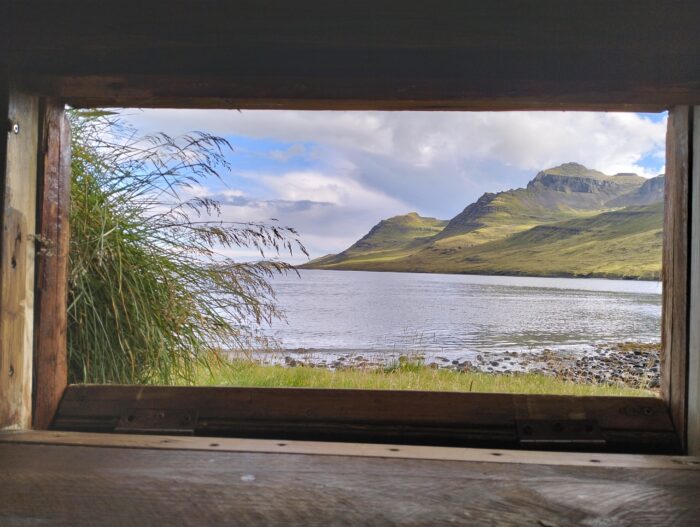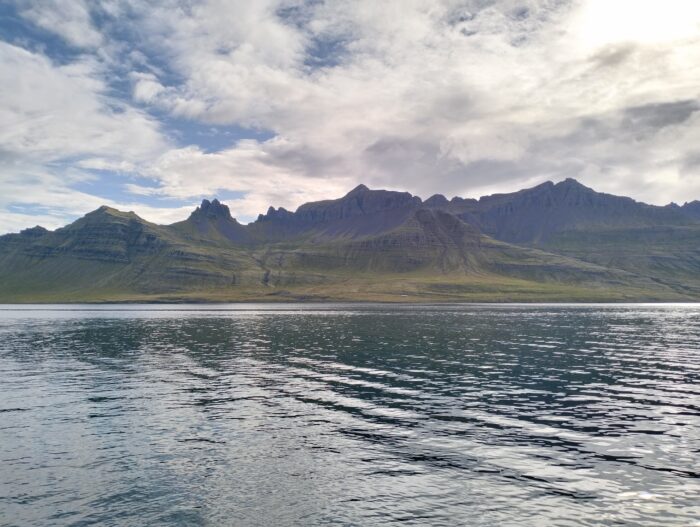Riley Faulds
November 4, 2024.
Riley Faulds is an environmental scientist in the streets, and a poet in the sheets. Originally from Whadjuk, Bindjareb and Wadandi Noongar Country on the west coast of Australia, he’s currently studying his doctorate in World Literatures at the University of Oxford. His thesis focuses on how the contrasting systems of colonial expansion in Australia, southern Africa and the Caribbean have influenced literatures of agriculture and gardening in those zones.
His poems and reviews have been published in various of Australia’s best journals and magazines, including Westerly, Rabbit, Cordite, Plumwood Mountain and the Australian Poetry Anthology, though he saves his best work for birthday cards. In the past year, he was Highly Commended in the Bruce Dawe National Poetry Prize and won the Jon Stallworthy Poetry Prize. Before moving to sunny England for his Masters and DPhil, Riley worked as an enviro scientist and studied Agricultural Science and English & Cultural Studies at the University of Western Australia, with Honours in Creative Writing. He’s obsessed with weeds.
***
And weeds are what I started my Fish Factory Residency with in August. I first came across the Residency a few years ago in some newsletter or other, and dreamed of flying up one day to the country that’s been at the top of my list to visit for a long time. Arriving to study in England meant the only barrier left was the North Sea, and ford that I did (with the help of Icelandair), after long months of writing a Masters dissertation on weeds in Australian poetry.
The cloud was low and the fog thick when I first touched down in Egilsstaðir enroute Stöðvarfjörður, but I quickly found some fellow Factory-bound artists and knew I was in for a beautiful time. We were greeted by the amazing Kris, Vinny, Tumi and Miso, and by the spectacular views of the fjord and mountains from the Factory. My first poem was about the vibrant flowers of the Nootka Lupin (a proscribed invasive weed) in the carpark of the Factory, and from there I bounced between full days of furious writing, and periods where words wouldn’t come. Those days were for exploring, chatting with my fellow-travellers and chuckin’ a stick for Tumi, and hiking and camping in the mountains, where I saw some beautiful and some spooky things.
I ended up writing a lot over the course of the month, though I could definitely have written more. I waxed lyrical about the fjord and beyond, about the home I miss so much, and worked on a verse novella of sorts, a murder mystery outside the bounds of what I usually write. I started a blog (hilarious, classic), compiled a manuscript of poems, found clarity here and there, and revelled in the Friday night group dinners with my lovely co-Residents, the trip to the next fjord for a punk and metal gig, and spotted whales, seals and birds of all kinds. I even did some visual art myself (far outside my usual wheelhouse!), making a collage-covered book of poems I’d written during the month, illustrated by the amazing Olwyn. The final exhibition/concert I put it together for was world-class.
The dynamic, unfamiliar ecologies, amazing collaborative space and group, and support from Kris and Vinny have propelled me into a new stage of writing and getting my words out there. I spent an amazing month here, and got to drive and camp around the island afterwards—what an incredible place! But I’ve got a few more Stöðvarfjörður poems knocking around my brain, so I have some unfinished business in the fjord. Plus, I need to see those lupins flower again, and witness how much more real estate they manage to claim, so I’ll definitely be back—that’s a threat…
Stöðvarfjörður Suite
1. what a boat becomes
there is a place at the mouth of the fjord
on which the ocean’s rush breaks open
twice, three times, as i watch what should be
open water. a reef there, i guess, at what
i thought was a boat, at first, tracing
subsurface waves below the wash of
the audible. but i watch the place, two
three times soon after, and no rockswirled white
is shown. a boat that was a reef must
in fact be a whale, spuming launching
and quieting away to some other open place.
2. water fall
surely a day’s flow down green mountain
would be enough to drain that one steepness.
ankle-deep moss and rock is all there is
upon that face—no glacier/snowmelt.
time and sun must surely put all streams
to rest. but step rather than see, and
you’ll know that moss has its infinite pores
that the sound of water in marble halls
is everywhere underfoot up there, that
only constant racing or glacial-paced cold
could make a place like this
3. construction site
as if the siltsmudge below the diggers quarrying sea wall,
spreading shadowbrown along the villageside edge
mocks blue, and replaces the glaciers that formed it
with a far sharper sound than a proper deep creaking.
4. the birds
last night, frank watched The Birds, and hitchcock
spoke, in a way, through tiny signs in the house
this morning. fingernailsize droppings, a tear
in a leather arm, and no bird found bodily. except
the brittle raven, stood ceramic above
the half-locked cabinet, the window cracked.
at night, seabirds gather in the pools of light cast
by the dock’s many floods, dipping necks into places
only they, and magnetic fish forced to that glow
can see. they aren’t the same daybirds that fan together,
arrayed against fjord’s inward swell-lines
making slow way towards the mouth
ripples streaming aside as if they were still rocks
in a rapid. ducks, or some other dark bird, tracing
with their communal body where currents strike tides
meet waves—where fjord must catch and eddy
in the clouded day darker than deep flood light.
5. nootka lupin
one of only three proscribed invasives on this whole invaded land
purple flowers resist their turn to greyed seedpods, scattered profuse
all around this factory, this centre of a brief bevelled life. so many species
are beyond the native, in the two kinds of here that are this island
and this carpark. and yet, this only weed loops nitrogen in the cracks
between oily carwrecks rusting into the fjord, around trucks speeding nightly
through sleeping village above ninth-century longhouse, far below
fogged lakes clearing sudden to the half-rot tortured corpse
of a reindeer strapped to imported wood. no weeds in sight, except
for every non-mossy species. no weeds in sight, but
the one we should all agree on.

